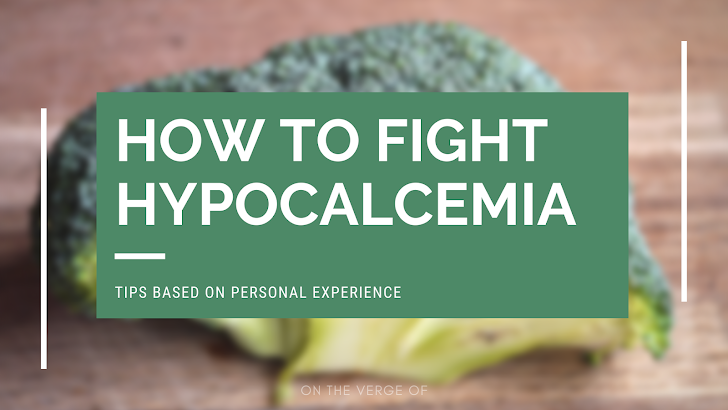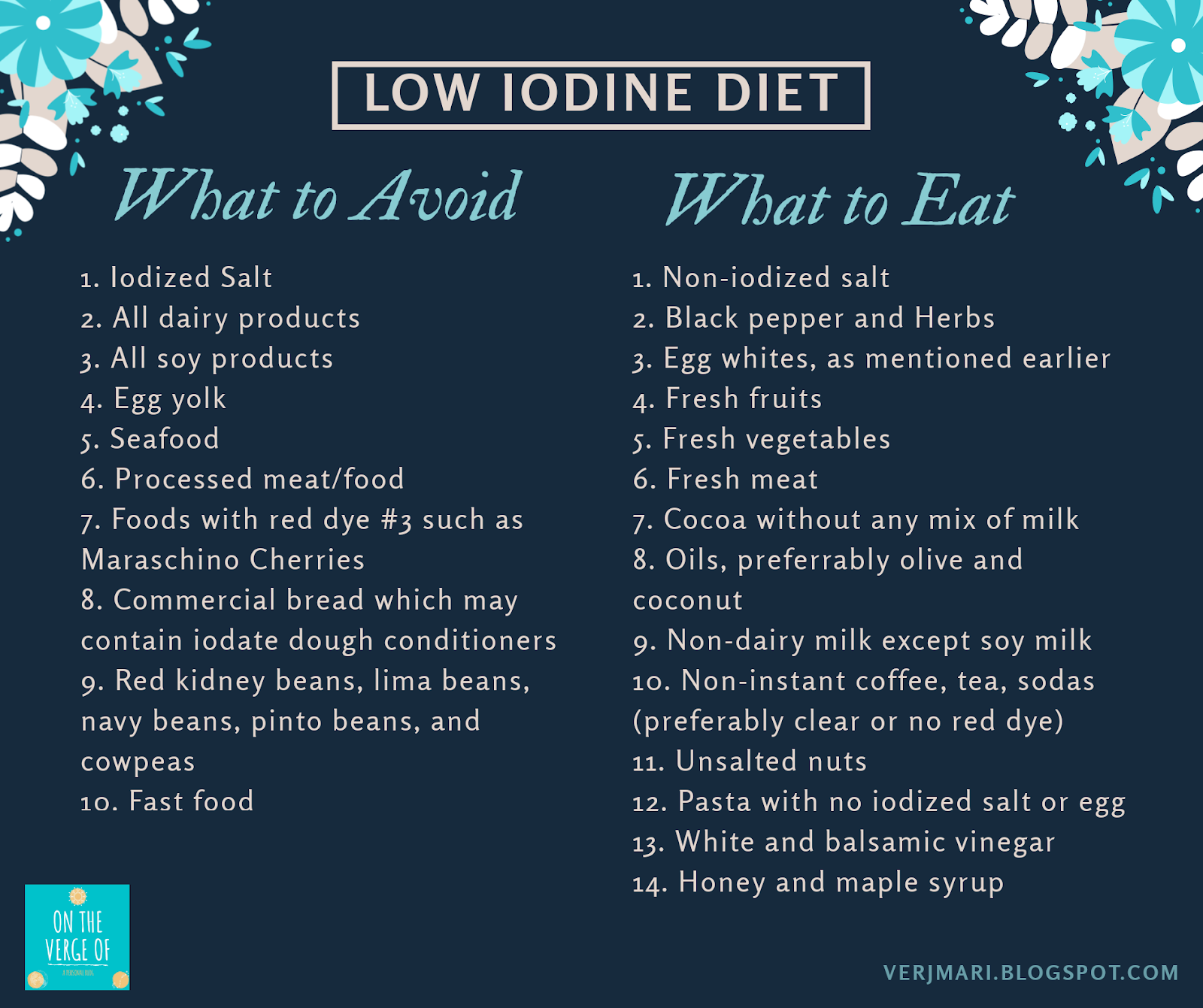How to Fight Hypocalcemia - Lack of Calcium in the Body
For those who are aware of my condition, I experience intermittent hypocalcemia as a complication from my thyroidectomy. Because of this, I experience frequent muscle spasms usually manifested by twitching in my face or hands. On extreme days, I can feel the muscles in my hands, legs, and abdomen tighten. The most alarming would be for hypocalcemia to reach my chest where my heart, also a muscle, is located.
Some people experience hypocalcemia just because of the lack of calcium in their diets, or possibly the excess of other chemicals we consume that deter calcium absorption. One popular example of this is caffeine. That is why on days when I experience hypocalcemia, I refrain from drinking coffee. Or at least I take it within reasonable intervals from my calcium supplement. So I take my coffee early in the morning and my calcium supplements at noon.
For people like me who experience hypocalcemia on extreme cases, I would recommend seeing a doctor to check if there are underlying conditions affecting this. For me, since it's a well known fact that two (or maybe three?) of my parathyroid glands were inevitably removed during thyroidectomy. Therefore my doctor already knows I need regular calcium supplement to assist my remaining parathyroid in regulating calcium. On top of that, I take calcitriol, a synthetic type of Vitamin D which helps in the absorption of calcium.
Based on my personal experience, here are ways/tips to further fight hypocalcemia:
1. Switch to Decaf - while some coffee lovers may not like this, trying to get used to decaf may not be a bad thing for people with hypocalcemia. Refraining from caffeine can help ease the absorption of calcium in the body. If coffee is life, then like what I mentioned above, try drinking coffee or any caffeinated drink a few hours away from taking your calcium supplement.
2. Refrain from Alcohol - some medical journals point out that excessive alcohol intake may affect calcium absorption as well as vitamin D production. In my personal experience, I've had one of my worse hypocalcemia after a night's out with friends where we've had a considerable amount of alcohol. A tolerable amount is possibly harmless but there are other factors to be considered. It's better to be on the safe side and consume a fair amount that you're sure won't cause you hangovers. Hangovers usually mean a bad hypocalcemia episode for me.
3. Consume MORE Dairy - it's no secret that dairy is high on calcium. But not all packaged milk in the supermarket have the same calcium content per liter. I recommend reading the label to ensure that you purchase the best milk products with the highest calcium content. I noticed that most, if not all, premium milk brands do not have high calcium mg per liter. Some brands also with different variants of milk such as like non-fat or skimmed also vary significantly in calcium content per type. So it really pays to check the label first. Yogurt is also great on calcium and is a healthy alternative snacks. It actually tops the list in most nutrition articles about foods rich in calcium.
4. Eat More Calcium-rich Foods - but there's a caveat, not all calcium rich foods can provide you enough calcium. And that is because some of these calcium-rich food contain other nutrients which actually deter calcium absorption. According to the National Institute of Health in the US, "phytic acid and oxalic acid, found naturally in some plants, bind to calcium and can inhibit its absorption. Foods with high levels of oxalic acid include spinach, collard greens, sweet potatoes, rhubarb, and beans." Spinach is high in calcium but is unfortunately not the best when it comes to absorption. Based on my research, foods with high calcium without these calcium deterring nutrients are kale, Chinese cabbage, chia seeds, broccoli, and tofu.
I hope these tips can help you fight Hypocalcemia as much as it did for me. Lack of calcium isn't just about bone health, but muscle health as well. An excess of everything is not a suitable course. If you are unsure about your calcium levels and how much you should consume, consult a licensed nutritionist or family doctor to get the best medical advise.
Take care!



Comments
Post a Comment